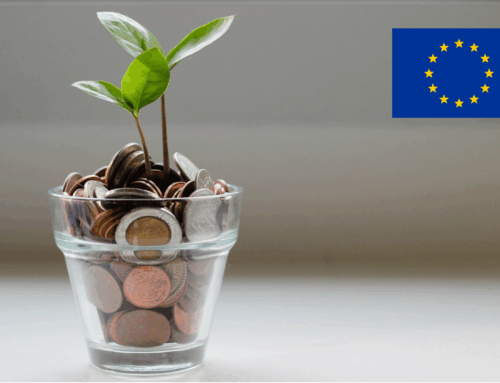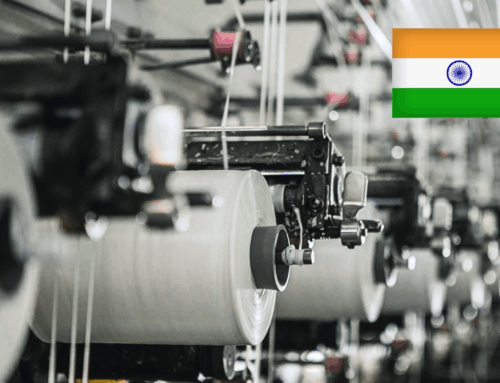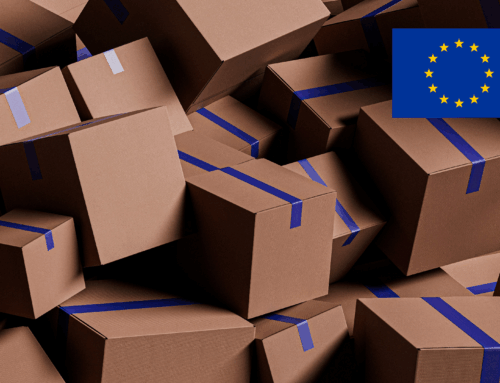Mercosur, also known as the “Southern Common Market”, is the most significant economic and trade alliance in South America. It was established on 26 March 1991 with the aim of enabling the free movement of goods, services and people among its member states.
Headquartered in Montevideo, Uruguay, the bloc comprises the four founding members Brazil, Argentina, Paraguay and Uruguay. As of July 2024, Bolivia has also become an official member – however, the newly concluded agreement between the EU and Mercosur will not yet apply to Bolivia.
A New Milestone in Transatlantic Trade
On 6 December 2024, the political agreement on a free trade deal between the EU and Mercosur was officially announced at the Mercosur summit in Montevideo – marking the end of over 25 years of negotiations. The agreement will establish one of the largest free trade areas in the world, encompassing a market of roughly 718 million people and nearly 25% of global GDP.
Its primary objective is to deepen economic ties between the two regions by reducing trade barriers. Beyond tariff liberalisation, the agreement also includes future provisions relating to intellectual property protection, the harmonisation of environmental and health standards, and public procurement regulations.
Relevance for Export-Oriented Businesses
The agreement offers substantial advantages for businesses. It introduces a new legal framework that simplifies procedures, lowers costs, and facilitates market access for goods and services across both regions. This is particularly relevant for sectors such as infrastructure, technology and services. Companies will benefit from improved access to public tenders in the participating countries.
In addition, mechanisms to safeguard intellectual property – such as patents and trademarks – will be strengthened. Another key element is the establishment of clear dispute settlement procedures, designed to increase legal certainty and provide more reliable solutions in the event of trade conflicts between companies or governments.
Relief Through Tariff Elimination
A key lever of the agreement lies in the removal of tariffs, which is expected to provide significant relief for EU exporters. Currently, Mercosur imposes some of the world’s highest import duties – for example, 35% on cars, 14 to 20% on machinery, and up to 18% on chemicals. The agreement is expected to abolish around 90% of these tariffs, which could save European businesses around 4 billion euros annually – a welcome development amid ongoing global trade tensions.
Implementation Still Underway
The agreement has not yet entered into force. Several procedural steps remain, including legal verification of the text and its translation into all official languages of the member states. This will be followed by the ratification processes within the national and supranational institutions of both the EU and Mercosur. At present, there is no definitive timeline for implementation. However, Germany and Brazil have already spoken out in favour of a rapid ratification.






